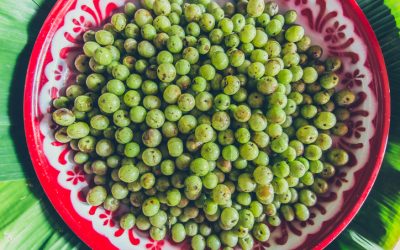Rooibos Tea: Antioxidant and Antimutagenic Properties
Antioxidants are hot topics in the health news these days, and an herbal tea called rooibos (pronounced ROY-boss) is becoming popular partly because it is being marketed as a healthy beverage with high levels of antioxidants. The rooibos plant (Aspalathus linearis (Burm. f.) Dahlgren, Fabaceae) is a South African flowering shrub used to make a mild-tasting tea that has no caffeine, very little tannin, and significant amounts of polyphenol antioxidants. Although the tea is new to many Americans, it has been made in the Cedarberg mountain region of South Africa for generations. Distributors are promoting the tea for numerous health benefits, citing recent studies that show some antioxidants found in rooibos tea may protect against cancer, heart disease, and stroke. What’s the evidence for these claims?
The Bottom Line
Rooibos tea has become popular because of its fruity, sweet taste and its caffeine-free, low tannin, antioxidant-rich status. Although more research is needed, rooibos appears to be safe and free of side effects. The antioxidants present in rooibos may help protect against free radical damage that can lead to cancer, heart attack, and stroke. Unfermented (green) rooibos has a higher amount of polyphenols than traditional fermented rooibos and generally demonstrates higher antioxidant and antimutagenic capabilitiesin vitro. Future research should reveal whether the antioxidant benefits of rooibos observed in vitro and in animals translates into health benefits for humans.


